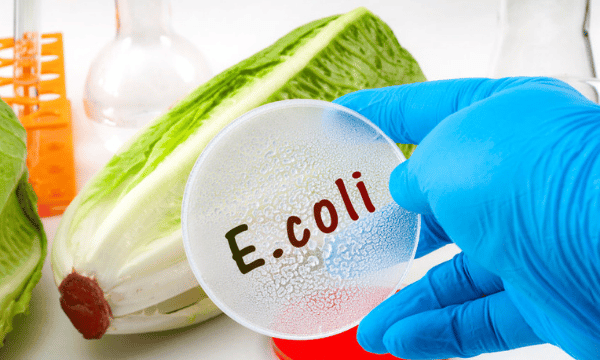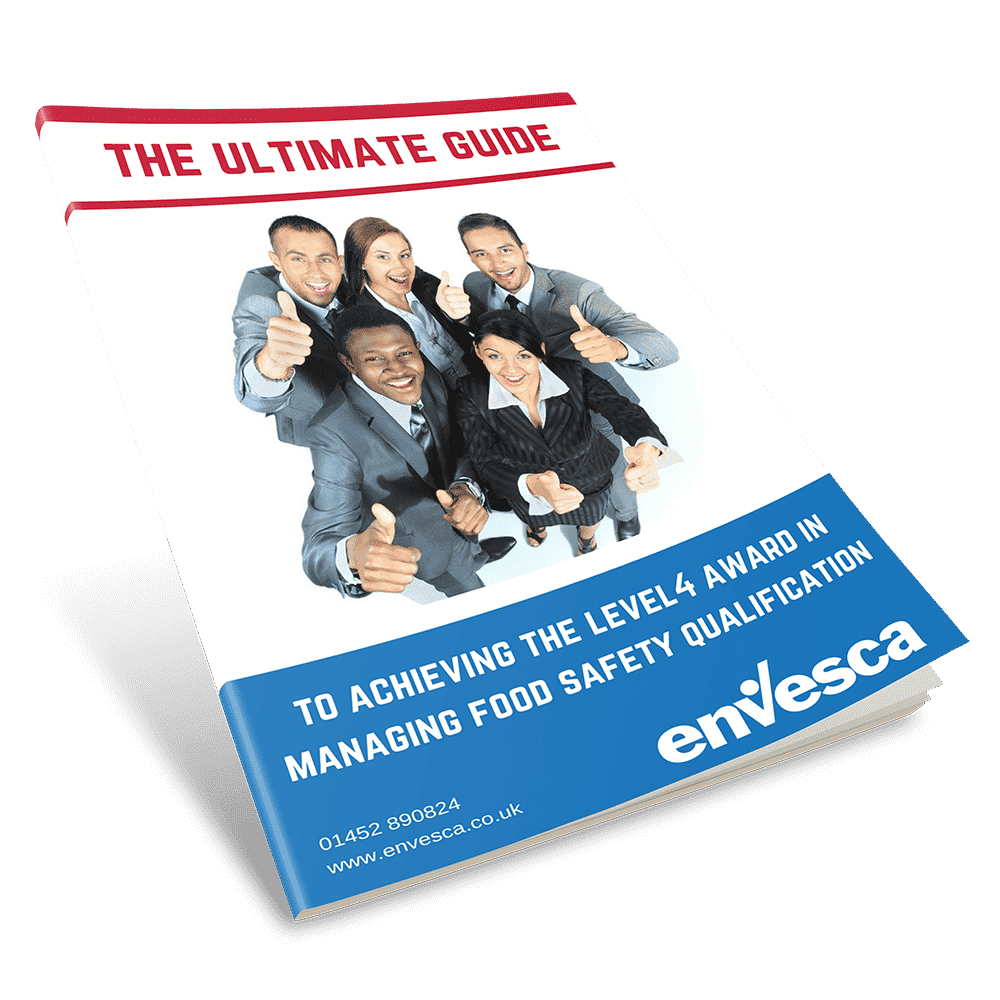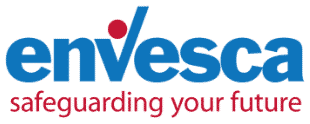How To Prevent An E.coli Outbreak?
One of our most popular questions during our food and hygiene courses is “how to prevent an E.coli outbreak.” In this article we look at some simple steps you can take to prevent an outbreak affecting your business.
Escherichia coli, or E. coli, is a bacteria that lives in the digestive systems of humans and animals. Many strains are harmless and are useful in the digestive process, however, some are not so helpful and actually produce a toxin that causes illness.
The strain that is behind the majority of cases of illness in the UK is E. coli 0157. In milder cases, it causes bloody diarrhoea, nausea, vomiting and stomach cramps. Unfortunately, it can also lead to more severe conditions that result in kidney failure and death.
The total number of cases of E.coli 0157 per year in England and Wales varies but is usually in the region of 700-1000. Scotland has the highest number of E.coli 0157 cases in the world and has done for many years, so it is a very real problem in the UK.
E. coli is spread by coming into contact with a source of contamination. This is usually raw meat or animal faeces, hence the food industry is particularly at risk. However, there have also been a number of outbreaks at open farms and petting zoos where the general public are able to handle animals. E.coli can also be spread from person to person, so other family members can be infected even if they have not been in contact with the primary source of contamination. A significant association has also been made between sufferers who have handled raw leeks and potatoes from sacks!

There are several ways in which people become infected with E.coli 0157
These include but are not limited to:
- eating raw meat, unpasteurised milk or cheese
- eating unwashed vegetables that have been fertilised with infected animal manure
- not washing hands after touching animals
- infected water supply
- contact with infected people
The good news is that much of the risk can be reduced simply by practising good personal hygiene.
You should ensure that your employees wash their hands thoroughly with soap and hot water:
- after using the toilet
- after contact with animals or animal environments
- before taking meals
- before handling ready-to-eat foods
- after handling raw meat and unwashed vegetables

What your employees need to do when preparing food
- Remove any loose soil before storing vegetables and salads.
- Thoroughly wash all vegetables (including salads) that will be eaten raw.
- Do not prepare raw vegetables with utensils that have also been used for raw meat.
- Keep raw meat and unwashed vegetables away from ready-to-eat foods during storage and preparation.
- Use different chopping boards, knives and utensils for raw and ready-to-eat foods, or ensure they are washed thoroughly between uses.
- Cook all minced meat products (e.g. burgers, meatloaf, meatballs) thoroughly, until steaming hot throughout and no pinkness or red meat is visible when you cut into them.
- Only leave cooked foods, meat and dairy products out at room temperature for a maximum of 2 hours.
- Store uncooked meats below cooked meats, salad, fruit or vegetables that might be eaten raw to avoid dripping meat juices onto ready-to-eat food.
- Store uncooked and cooked meats on different plates. Avoid all contact between raw and cooked meats.
- People who have been ill should not prepare food for others for at least 48 hours after they have recovered. Further information is available in the Food Standards Agency Food Handlers: Fitness to Work Guide.
If you run a kitchen, then think about how your equipment is used and the cleanliness of your storage and preparation areas. Separate equipment must be used for raw and ready-to-eat foods.
Check out this E. coli 0157 Food Standards Agency (FSA) Factsheet 2019
More detail on E.coli and how to prevent it is included in our Food Safety Courses.
If you have a question or enquiry about food safety, please call the team on 01452 502113 or complete our enquiry form.
Find this helpful?
Signup to our email notifications to receive alerts when we publish new blogs. We promise not to spam your inbox, you will just get a short snappy intro to Health and Safety articles we think you will love.
"*" indicates required fields

The Ultimate Guide to Passing the Level 4 Food Safety Examination
If you’ve got a question or query, please contact our super friendly team, they will be delighted to help you!
Simply get in touch via phone or email.

Free
Resources &
Downloads
Informative. Useful. Practical.
Here at Envesca we believe that we are good at giving proactive, sensible and useful advice. Below you will find some free resources that you can download on a host of subjects that will help you and your business.
Training Available
Envesca offer a number of different training courses, which offer advice and guidance on these topics.




